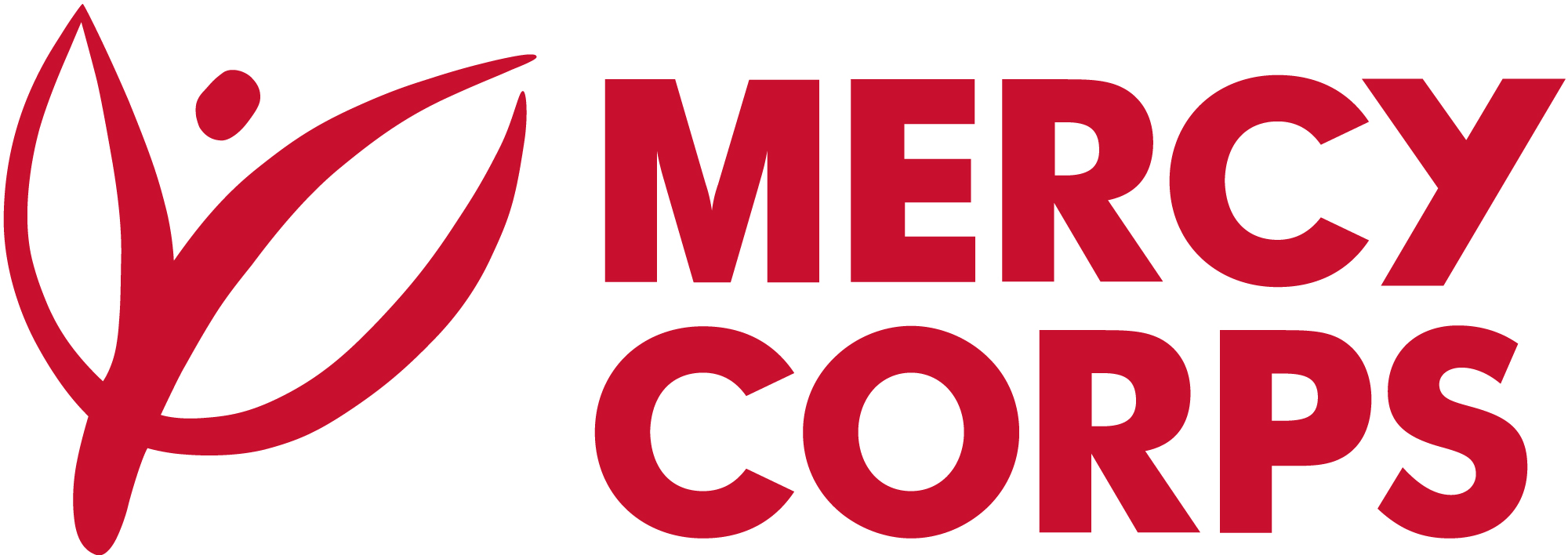Key Takeaways:
- The Lebanese national government implemented a range of new policies regarding Syrian refugees in Lebanon, in addition to raiding Syrian national’s residences, a portion of whom were deported. An increase in raids and deportations earlier in the month sparked calls for protests and counter protests late in the month. The government has since ordered a nationwide “sweep” to determine the number of Syrian nationals currently residing in Lebanon, and municipalities have placed further restrictions on Syrian nationals’ movement, access to administrative documentation, and access to housing.
- The US dollar (USD) to Lebanese pound (LBP) parallel market exchange rate was largely stable in April, fluctuating between LBP 95,000 and LBP 98,000. This marks the first time that a Central Bank intervention resulted in a stable parallel market rate for a sustained period since the launch of the Sayrafa exchange platform. The commercial banking sector operated without interruption throughout April – contrary to past months when the Association of Lebanese Banks declared multiple “strikes” – which may have positively affected the parallel market exchange rate since depositors had greater access to Sayrafa transactions.
- The Lebanese government approved a temporary minimum wage increase for public and private sector workers effective May 1. The minimum monthly public salary will increase to LBP 8 million, military retirees’ compensation to a minimum of LBP 7 million, and the private sector minimum wage to LBP 9 million. The decree also increased the daily transportation stipend for both public and private sector employees. Additionally, the Ministry of Finance announced that the Sayrafa rate at which active and retired civil servants and public employees have their salaries converted would be adjusted from LBP 45,000 to LBP 60,000. This policy change reduced the USD value of LBP-denominated public sector wages by approximately 30% compared to March.
- The Ministry of Finance temporarily increased the customs exchange rate from LBP 45,000 to LBP 60,000. The increase, effective from April 18 to April 30, was implemented to narrow the gap between the customs and Sayrafa exchange rates, a key requirement to unlock International Monetary Fund financial assistance. The rate hike is expected to lead to a rise in consumer prices.
- In a legislative parliamentary session on April 18, MPs extended the term of municipalities and mukhtars through May 2024 and passed amendments to the 2021 Public Procurement Law. Following the session, opposition parties filed challenges with Higher Constitutional Council, arguing that the session and passed legislation violate the Lebanese Constitution. Implementation of term extension has since been put on hold, and the court is expected to issue its decision in either late May or early June.
By Crisis Analytics Team, Mercy Corps Lebanon



